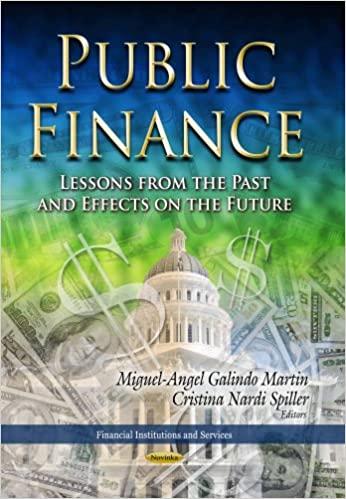Answered step by step
Verified Expert Solution
Question
1 Approved Answer
A rirm with a 13% WACC is evaluating two projects for this year's capital budget. After-tax cash flows, including depreciation, are as f ProjectMProjectN$30,000$90,000$10,000$28,000$10,000$28,000$10,000$28,000$10,000$28,000$10,000$28,000 a.



Step by Step Solution
There are 3 Steps involved in it
Step: 1

Get Instant Access to Expert-Tailored Solutions
See step-by-step solutions with expert insights and AI powered tools for academic success
Step: 2

Step: 3

Ace Your Homework with AI
Get the answers you need in no time with our AI-driven, step-by-step assistance
Get Started


